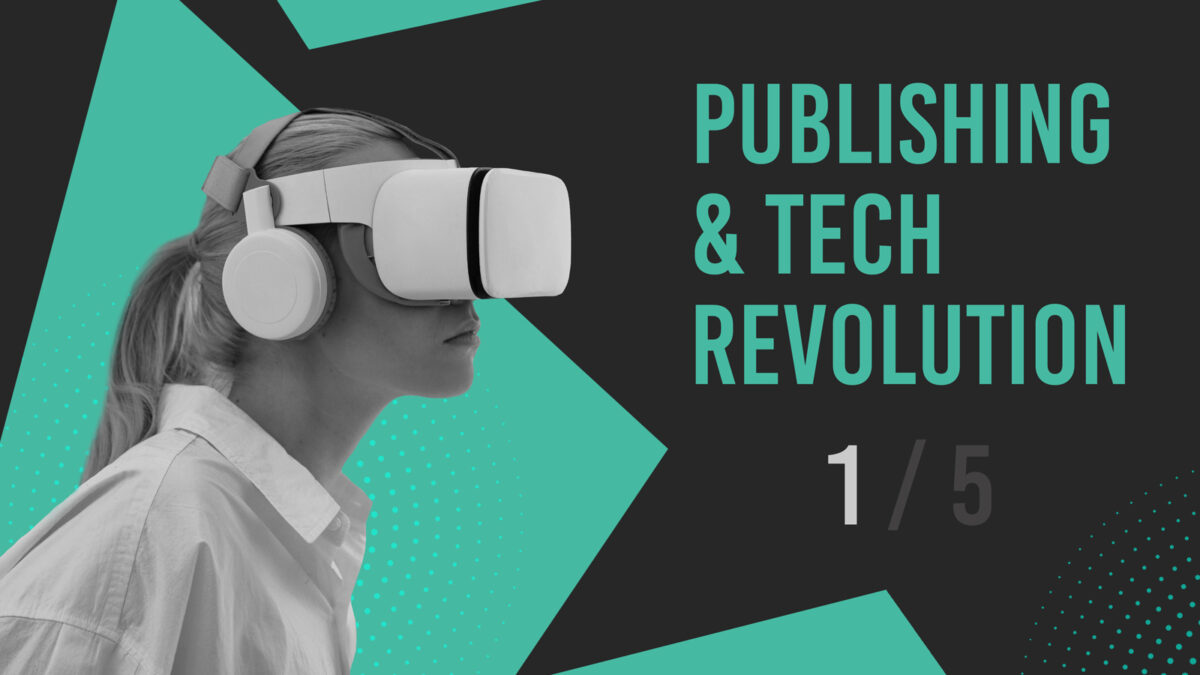For centuries, the book publishing world has been an exclusive club, where some voices were only heard. Publishers and editors have traditionally favored books that comfortably slot into known genres, prioritizing commercial success over creativity. Those tales that ventured to play with form, combine genres, or experiment with narrative boundaries usually got lost in slush piles.
Then the revolution of self-publishing.
The internet gave independent authors direct access to global readership. Suddenly, you no longer needed a publishing deal to share your message with the world — merely the nerve to click the “publish” button. This democratized publishing a mass of creative expression, and diverse voices began to flourish.
But with that freedom came new problems: oversaturation, uneven quality, and cutthroat competition for readers’ attention. Even the most creative books can be drowned out by a digital ocean of content. The publishing world today appears more splintered than ever.
So where do we go from here?
We are on the threshold of a new age. An age in which technology doesn’t merely aid storytelling — it alters it. And XR, or Extended Reality, might be the key that remakes the future of books.
Extended reality (XR) is the term for immersive technology,
which covers virtual reality (VR),
augmented reality (AR) and other immersive tech that blend the digital with the real world.


